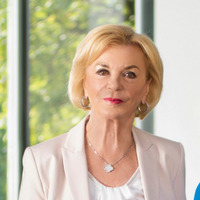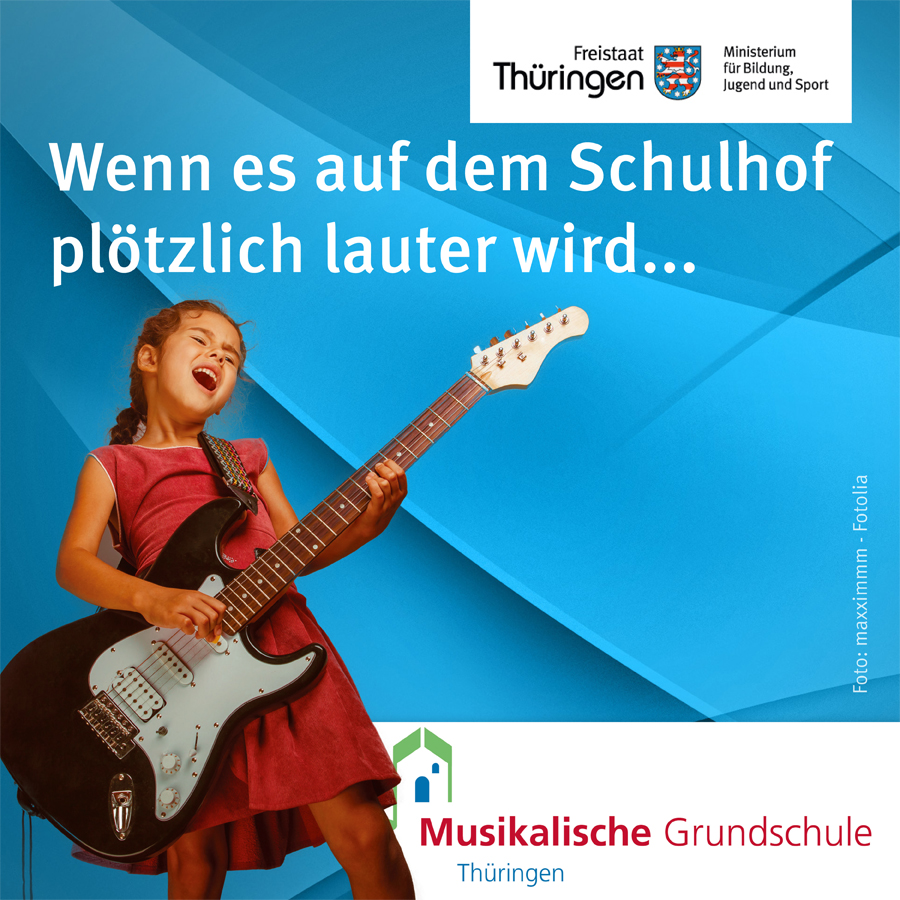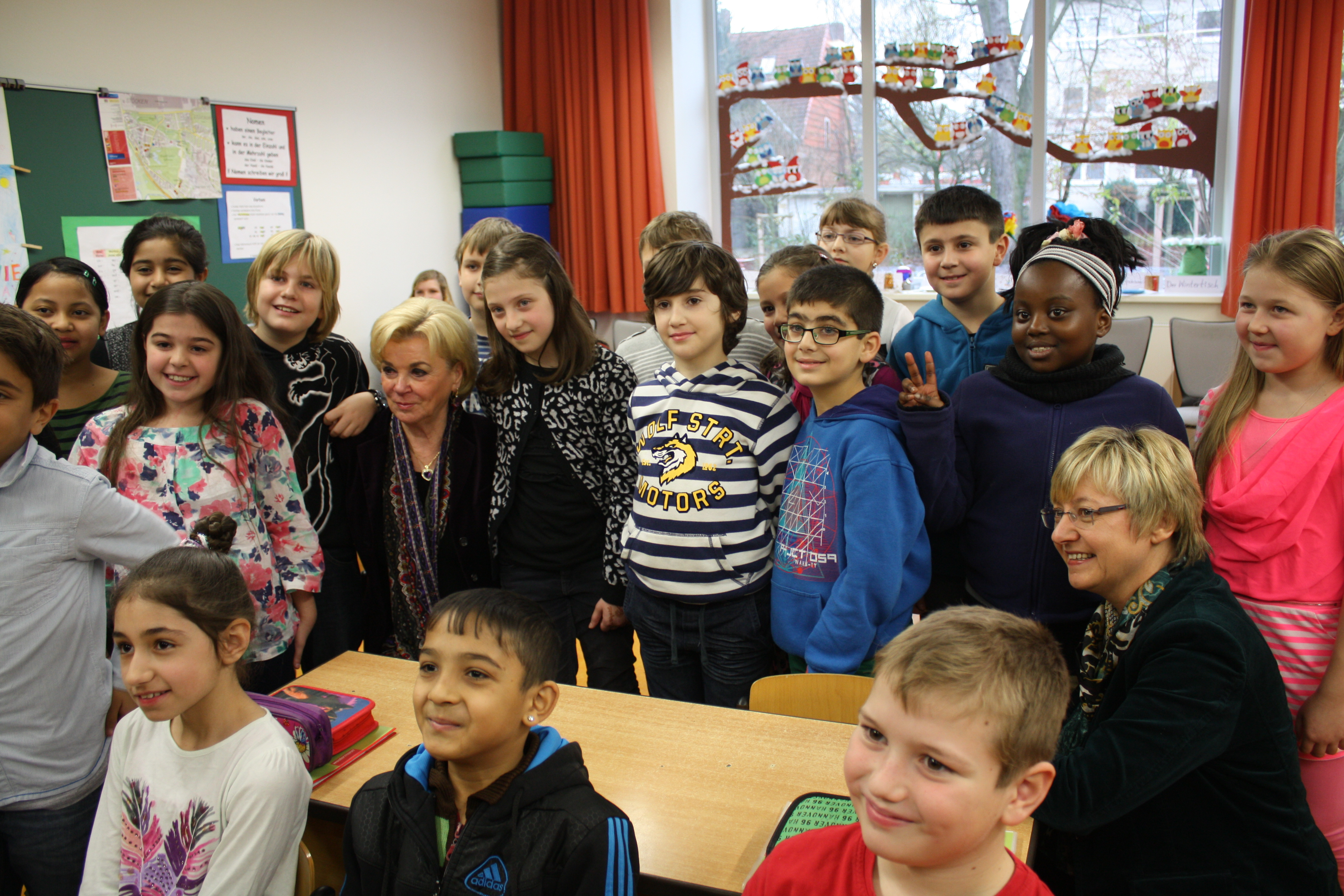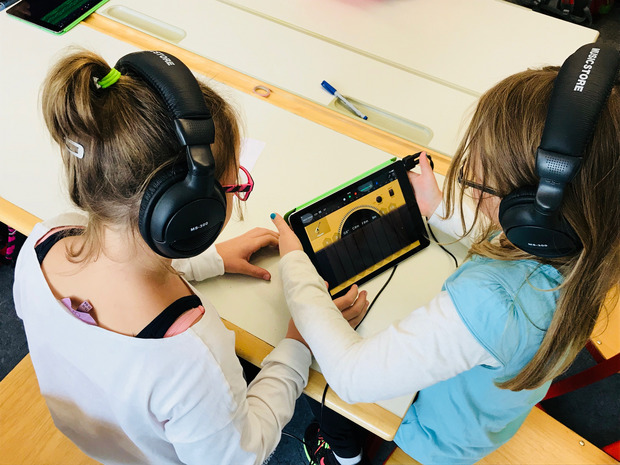Two equally important goals: promoting music among top talents and among young people in general
Values education, social cohesion and music's ability to bring people together have played a key role in the Bertelsmann Stiftung's project work ever since the foundation was established.
In 1987, Liz Mohn launched NEUE STIMMEN, an innovative competition for young opera singers. Not only does the project organize the singing competition (with its worldwide auditions) and international master classes, it now also includes additional modules. They all aim to prepare young singers for individual careers and offer ongoing support. Today, NEUE STIMMEN is one of the world's most acclaimed competitions and development programs for up-and-coming opera talent.
www.bertelsmann-stiftung.de/de/unsere-projekte/neue-stimmen/projektthemen/creating-careers/
Liz Mohn also realizes her personal commitment to promoting music among top performers and society at large through the Liz Mohn Foundation for Culture and Music, which she established in 2005.
www.kultur-und-musikstiftung.de
In addition, Liz Mohn and the Bertelsmann Stiftung are committed to expanding the presence of music in early childhood education and care (ECEC). Several years ago, the foundation pooled its various initiatives for promoting music within its Music Education project. Together with its partners, the Bertelsmann Stiftung works to create "spaces" in preschools, schools and youth centers that allow children and adolescents to actively experience and make music with others.
https://www.bertelsmann-stiftung.de/de/unsere-projekte/musikalische-bildung/projektbeschreibung/
![[Translate to English:] Kinder musizieren mit Blasinstrumenten](/fileadmin/files/_processed_/a/5/csm_1474312655Fotolia_81391057_X_8ab2e521d6.jpg)


![Karte_Punkt_musikalische Grunds_2018.jpg [Translate to English:] Karte von Deutschland](/fileadmin/files/_processed_/0/f/csm_Karte_Punkt_musikalische_Grunds_2018_Original_92577_5da3661453.jpg)



![PPT_Skalierung_des Projektes_MuGS_2020.jpg [Translate to English:] Balkendiagramm](/fileadmin/files/_processed_/0/f/csm_790516307PPT_skalierung_des_Projektes_MuGS_18c26408d3.jpg)